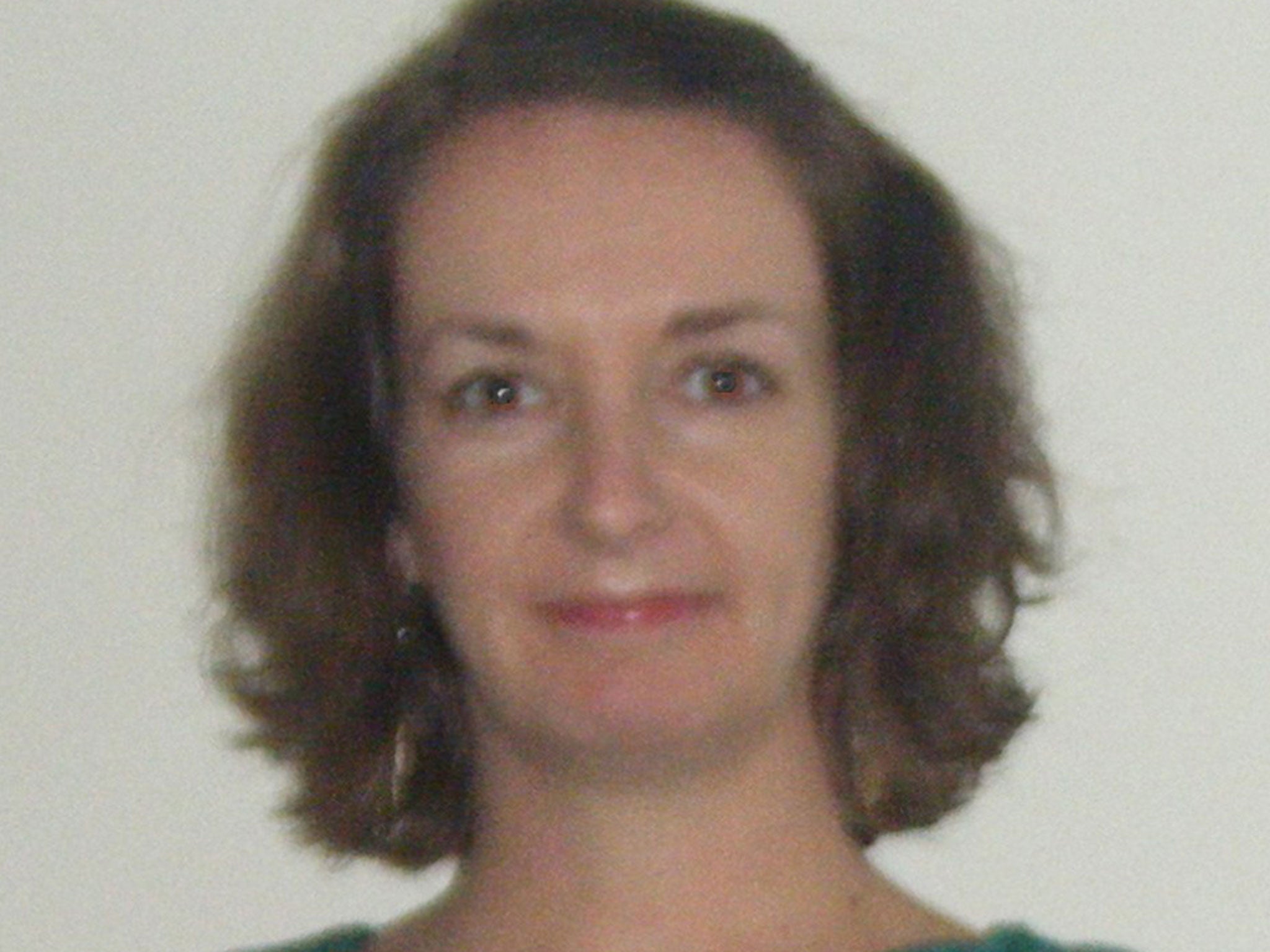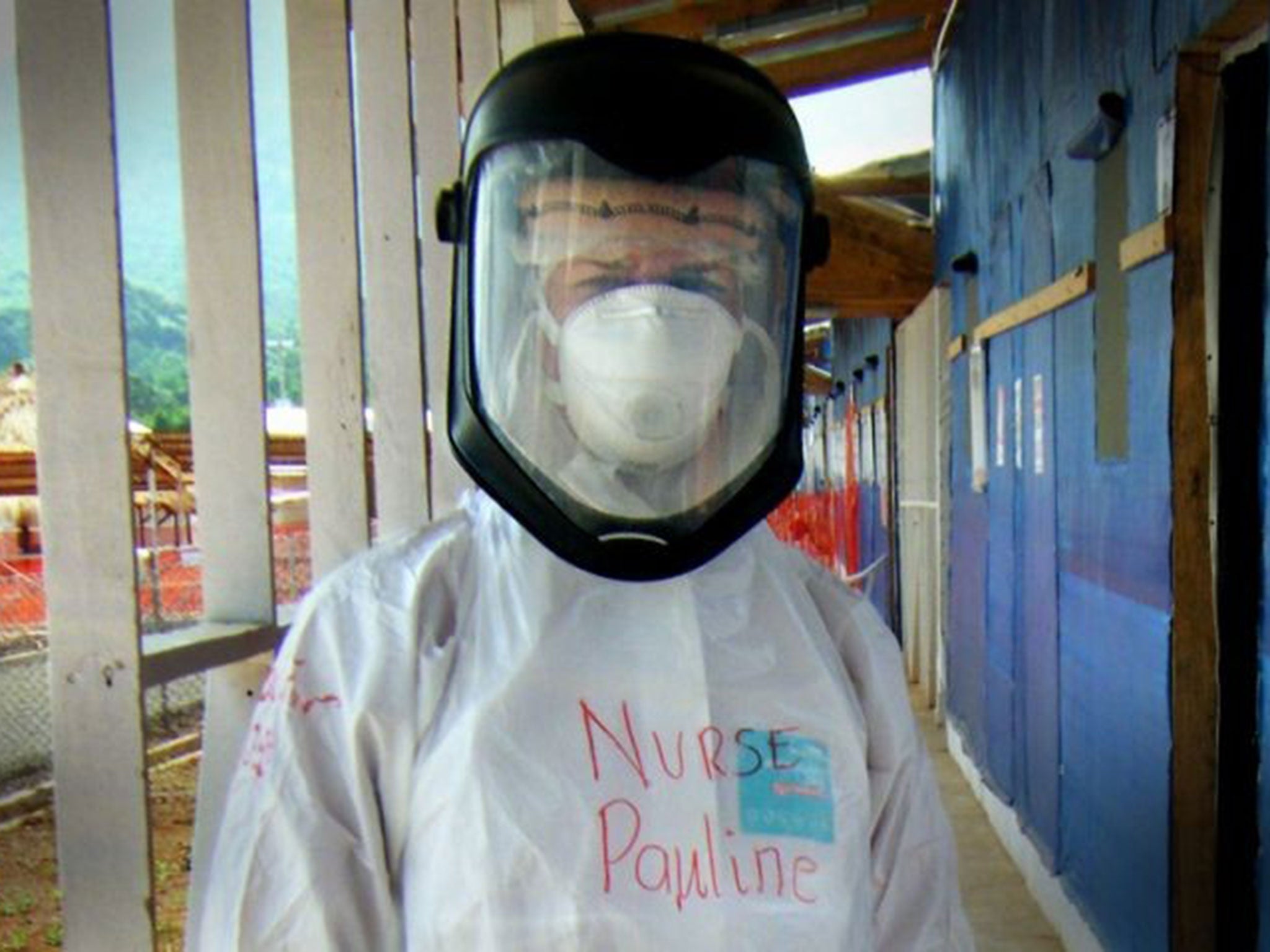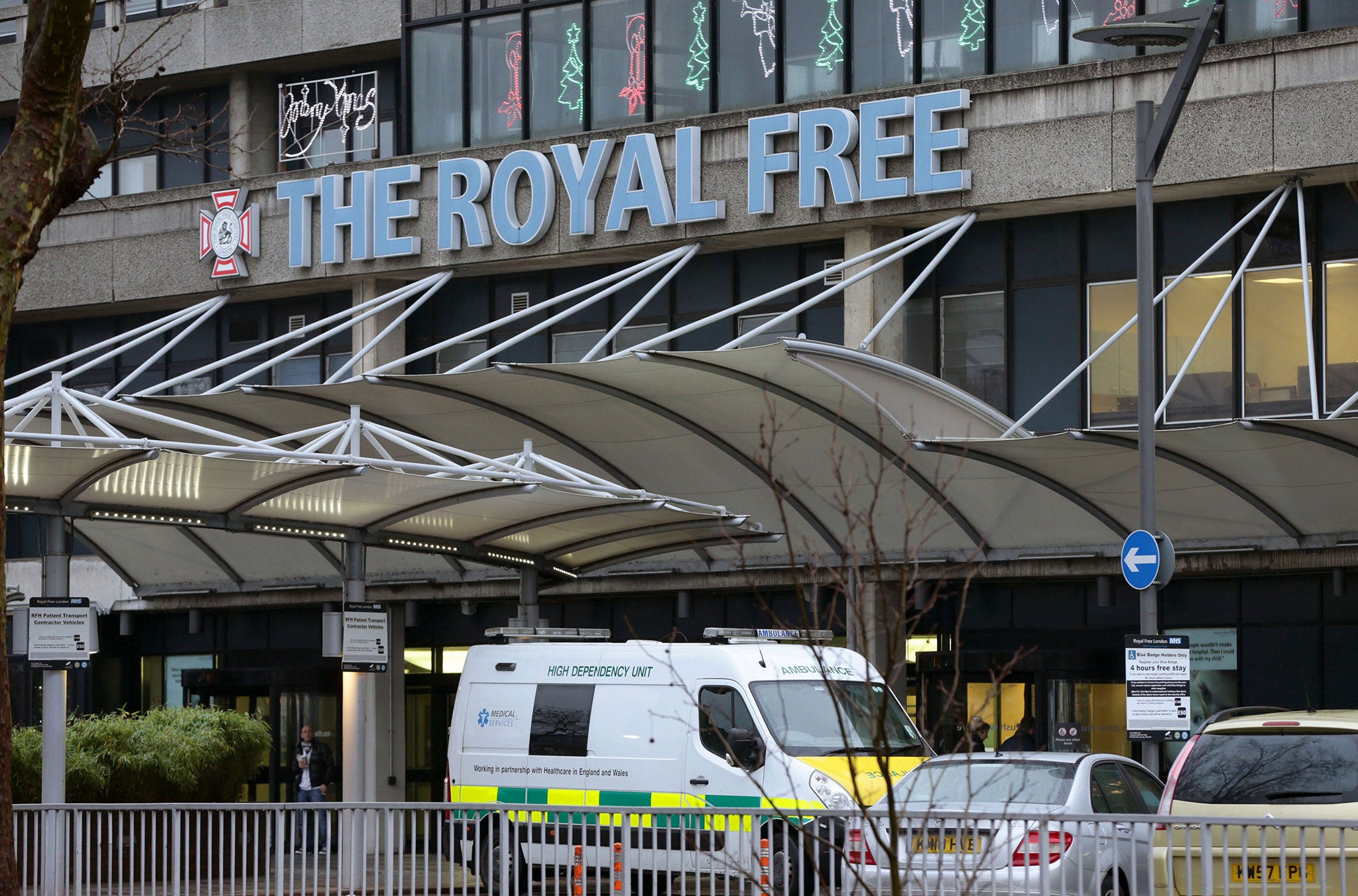British Ebola nurse Pauline Cafferkey declared free of the virus and discharged from hospital
Ms Cafferkey says of Royal Free Hospital staff: 'They were always very reassuring and I knew I was in the best hands. They saved my life'

The Scottish nurse who contracted Ebola on an aid mission to Sierra Leone has been discharged from hospital after being declared free of the virus.
Pauline Cafferkey said she was “happy to be alive” and praised staff at London’s Royal Free Hospital, who she said saved her life.
Only three weeks ago her condition was described as critical.
Ms Cafferkey, 39, from Cambuslang in South Lanarkshire, was diagnosed with Ebola after returning to Glasgow from Sierra Leone in December.

She was one of the first wave of NHS volunteers, flown out to West Africa in November, to join the fight against the Ebola outbreak, and worked at a Save the Children treatment centre in Kerry Town.
After being admitted to Glasgow’s Gartnavel Hospital on 29 December, she was transferred to the Royal Free’s high level isolation unit (HLIU), where she has been treated for more than three weeks.
Speaking after leaving hospital today she said: “I am just happy to be alive.”
She told the BBC that in the first few days of the illness she felt “very well” and “couldn’t understand all the fuss”. However after her condition declined there was a moment when she felt like giving up, she added. "There was a point, which I remember clearly. I do remember saying: 'That's it, I've had enough'," she said.
Less than a week after being admitted to the Royal Free, the hospital reported that her condition had deteriorated to a critical state. However, two weeks ago doctors said her condition had improved. She has now been declared free of the virus.
“I still don't feel 100 per cent,” she said. “I feel quite weak, but I'm looking forward to going home. I want to say a big thank you to the staff who treated me - they were amazing. They were always very reassuring and I knew I was in the best hands. They saved my life."
Dr Michael Jacobs, the infectious disease expert who led the team caring for Ms Cafferkey, said: "We are delighted that Pauline has recovered and is now well enough to go home. I am very proud of the staff who have been caring for her. It is because of the skill and hard work of the entire team that she is now able to go home."
Although she was treated in an isolation tent, she was able to speak to family members through a window via an intercom system. She was also provided with iPad by the Royal Free Charity.
"As I was beginning to recover, I listened to lots of music when I was in the HLIU and that was a massive help,” she said. “I also had lots of Irn-Bru to help me through!”
She said she would “give aid work a break for a while”, following her recovery. “I just want to go back to my normal job, my normal life and I think my family will be happy with that as well.”
Scotland's First Minister Nicola Sturgeon said she was "delighted" to hear Ms Cafferkey had been discharged.

“Ebola is a terrible disease, and the fact that she has made this recovery is a tremendous tribute to the work of the NHS staff who have been committed to her care over the last few weeks,” she said. “Like all her fellow volunteer health workers she has shown tremendous bravery in going to west Africa to help tackle the Ebola outbreak.
"I hope that she will now be given the time and space she needs to recuperate after her illness."
UK Health Secretary Jeremy Hunt said: “Her selflessness and courage are remarkable and she represents the very best of NHS values. I would like to thank all the staff at the Royal Free who have worked tirelessly to provide her with world class care and treatment.”
West Africa’s Ebola outbreak, which has killed 8,675 people in little more than a year, remains a major threat, but there have been signs of the epidemic abating in recent weeks.
The World Health Organisation said last week that a “turning point” had been reached with the number of new cases falling in all three affected countries, with just eight cases detected in Liberia in the week ending 18 January – down from a peak of 509 in September. Cases in Sierra Leone remain high, at 117 per week, but this is also a major improvement on the peak of 748.
Save The Children’s chief executive Justin Forsyth called Ms Cafferkey “a dedicated humanitarian who worked tirelessly and selflessly in the fight against Ebola.”
“Despite the risks to her own safety, she volunteered to use her nursing skills to help save lives and treat those in dire need in Sierra Leone,” he said. “The bravery of Pauline and everyone who has worked to defeat Ebola makes us even more determined to redouble our efforts to beat the disease.”
Join our commenting forum
Join thought-provoking conversations, follow other Independent readers and see their replies
Comments